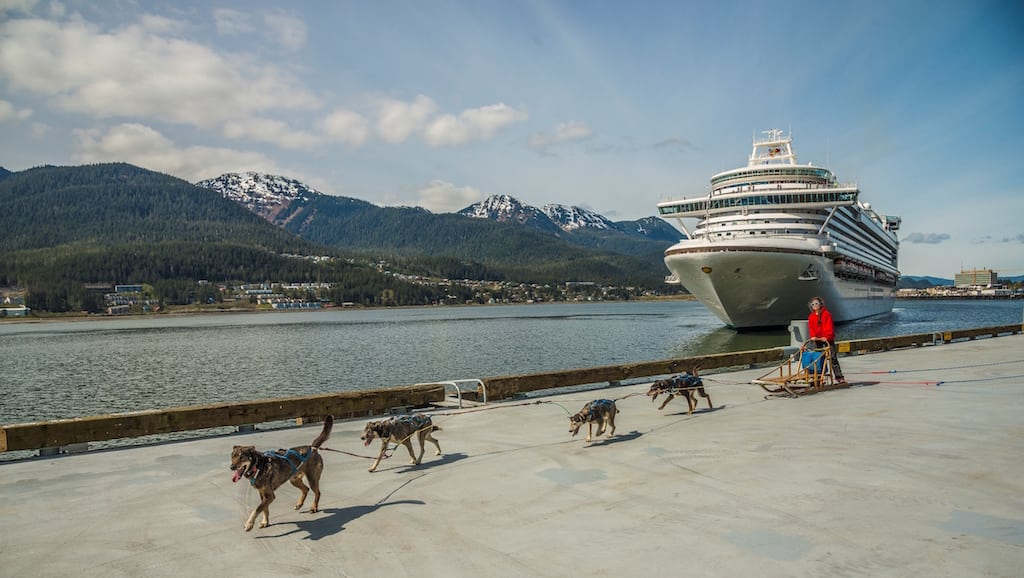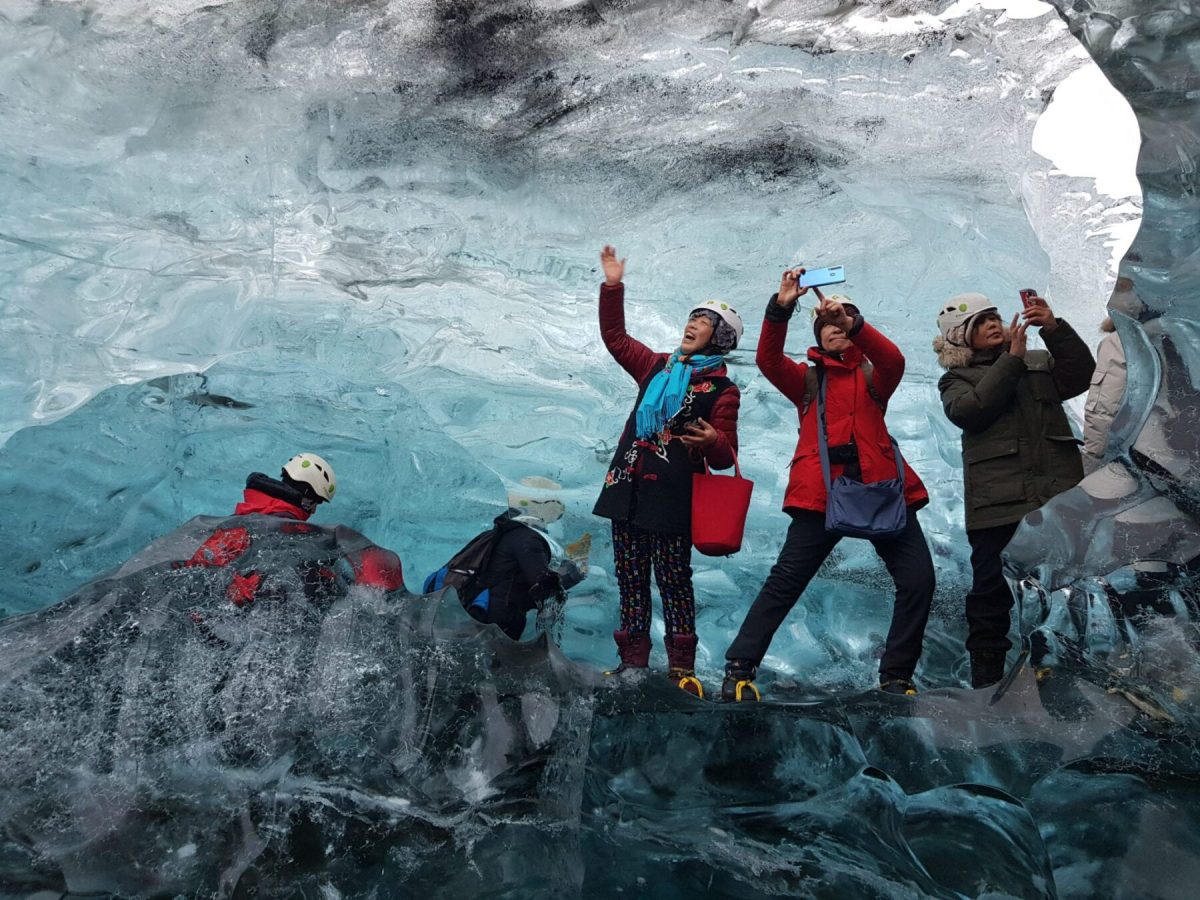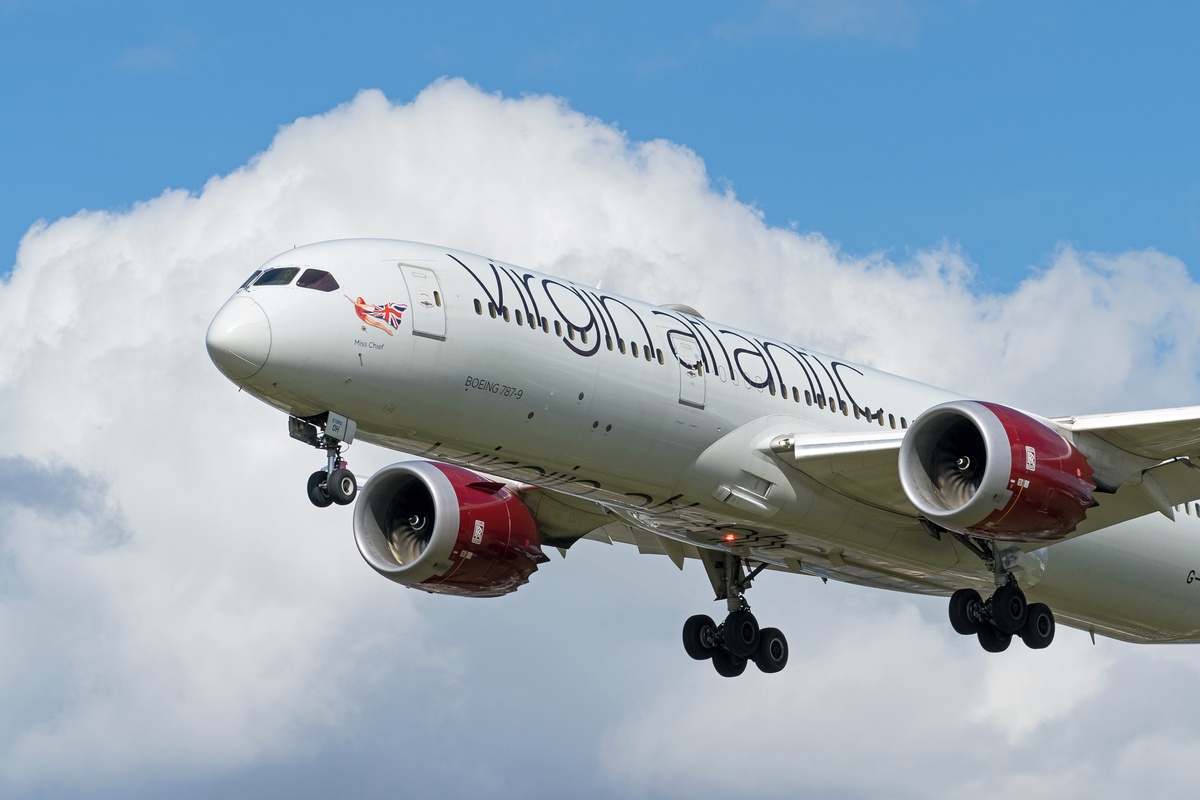Cruise Lines Are Increasing On-Board Fees Because They Can't Raise Fares

Skift Take
Cruising is cheap, at least that's what cruise lines tell customers in their marketing and advertising.
But cruise lines are raising daily service fees and gratuities, inflating the price of cruising for groups and those traveling with children.
Princess Cruises, a Carnival Corp. brand, is the latest to jump on the bandwagon. On Jan. 1, 2016, the cruise line will raise the daily gratuity rate for most passengers to from $11.50 to $12.95. For those staying in suites, the fee will jump from $12 to $13.95.
If you're footing the bill for a family of five staying in a suite, this adds up to a $472.50 charge in gratuity at the end of your sailing.
"We adjusted the gratuity rate to be comparable to cruise industry standards," said a Princess spokesperson. "The increase underlines our commitment to reward our crew for the excellent service provided to our guests."
Fees charged while onboard usually aren't rolled up in the fare price consumers see when booking, which includes some U.S. taxes and fees charged by ports.
Princess allows guests to tweak their gratuity amount, as does Holland America Line, another Carnival Corp. brand, which last week increased its hotel service fee charge to $13.50 per day. But most first-time cruisers are unaware they're shelling out fees each day for service.
Overall, Carnival Corp. is finding ways to generate income onboard to offset lower yielding fares.
"Our slightly higher net revenue yield (constant dollar) was due to a more than three percent increase in net onboard and other revenue yields, partially offset by slightly lower net passenger ticket revenue yields," wrote Carnival Corp. in its 2014 annual statement. "The growth in net onboard and other revenue yields was driven by increases in primarily all the net onboard revenue categories on both sides of the Atlantic."
Other lines saw slight decreases in onboard spending in 2014, but still made money by cutting costs and spending less on their onboard operations. Increased gratuities paid by cruisers could be a way for lines to continue to limit spending on staff salaries, as well.
The lines control who gets the gratuity dollars that cruisers shell out to ship staff and stewards; the money is redistributed at the will of the company based on its assessment of individual workers and departments.
Cruise passengers are now being forced to pay more for the same services and amenities. Royal Caribbean Cruises brands and Norwegian Cruise Line have already instituted similar slight increases in service fees and hotel fees.
Norwegian has charged $13.50 per person per day in most cabins, and $15.50 per person per day on the line's elite Haven and Suite categories, since August. Royal Caribbean charges $12.95 for normal cruisers and $15.95 for suite cruisers.
These daily charges are in addition to a bevy of other taxes and fees that cruise lines add to their fares, without disclosing the minutiae of what the charges are for or what the money actually goes toward.
"Cruise Fare does not include Cruise Taxes, Fees, and Port Expenses," reads Carnival Cruise Lines' current ticket contract. "'Cruise Taxes, Fees, and Port Expenses' may include any and all fees, charges, tolls and taxes imposed on Carnival, by governmental or quasi-governmental authorities, as well as third party fees and charges arising from a vessel’s presence in a harbor or port. Cruise Taxes, Fees and Port Expenses may include U.S. Customs fees, head taxes, Panama Canal tolls, dockage fees, wharfage fees, inspection fees, pilotage, immigration and naturalization fees, and Internal Revenue Service fees, as well as fees associated with navigation, berthing, stevedoring, baggage handling/storage, and security services."
Even ordering drinks from a bar is usually subject to a surcharge, in addition to the drink price and tax. Room service, which used to be included on most lines, is now subject to surcharges on several mainstream cruise brands, as well.




